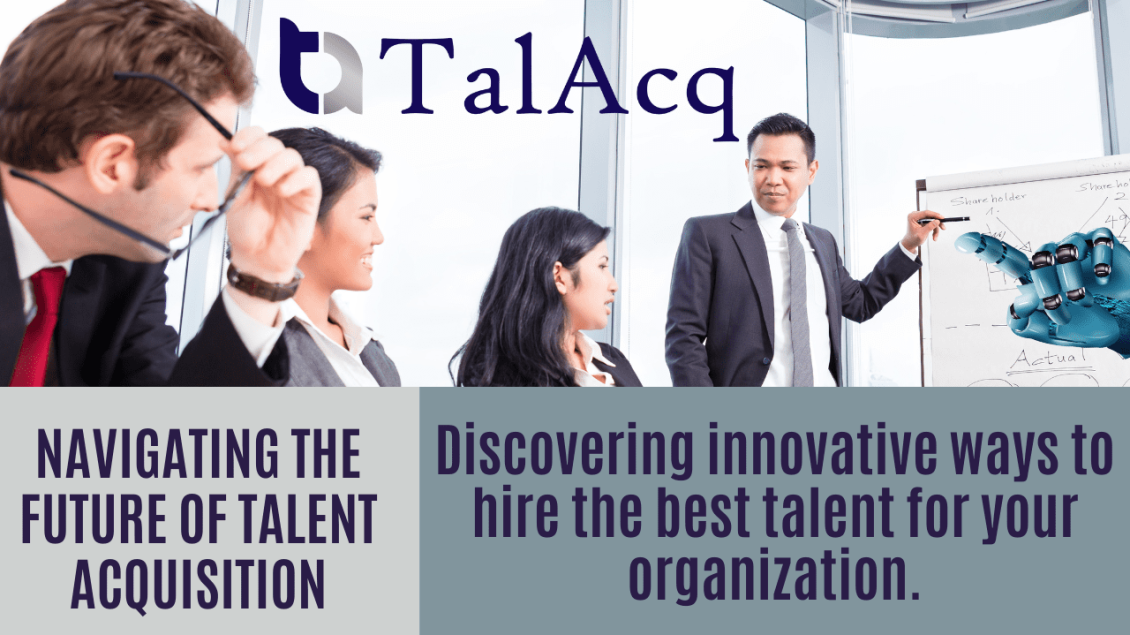Pros of AI in Executive Recruitment:
- Enhanced Efficiency: One of the most significant advantages of AI in executive recruitment is its ability to streamline and automate various aspects of the hiring process. AI-powered tools can quickly sift through large volumes of resumes, identify potential candidates, and even conduct initial assessments based on predefined criteria. This efficiency not only saves time for recruiters but also allows them to focus their efforts on more strategic activities, such as building relationships with candidates and clients.
- Improved Candidate Matching: AI algorithms leverage sophisticated data analytics to match candidates with job requirements more effectively. By analyzing diverse data points, including skills, experience, cultural fit, and even personality traits, AI can identify candidates who closely align with the specific needs of a role. This results in higher-quality hires and increased satisfaction for both clients and candidates.
- Reduction of Bias: Human bias is a prevalent issue in traditional recruitment processes, leading to unfair or discriminatory outcomes. AI technologies offer a potential solution by relying on objective data analysis rather than subjective judgments. By removing human bias from the equation, AI helps ensure a fair and inclusive recruitment process, enhancing diversity and equality in the workforce.
- Enhanced Candidate Experience: AI-powered tools, such as chatbots and virtual assistants, play a crucial role in improving the candidate experience. These tools provide immediate responses to candidate inquiries, offer personalized communication, and guide candidates through the application process. By delivering a seamless and user-friendly experience, AI enhances the employer brand and attracts top talent to organizations.
Cons of AI in Executive Recruitment:
- Loss of Human Touch: Despite its efficiency, AI lacks the human touch that is essential for building meaningful relationships with candidates and clients. While AI tools can automate many aspects of the recruitment process, they may struggle to understand and address the unique needs and preferences of individual stakeholders. This loss of human connection can diminish the overall quality of the recruitment experience.
- Data Privacy Concerns: AI relies heavily on data collection and analysis, raising concerns about data privacy and security. Recruiters must ensure compliance with regulations such as the General Data Protection Regulation (GDPR) and implement robust measures to safeguard sensitive candidate information from unauthorized access or misuse. Failure to address these concerns can erode trust and damage the reputation of both the recruitment agency and its clients.
- Risk of Algorithmic Bias: Despite efforts to mitigate bias, AI algorithms are not immune to bias and may inadvertently perpetuate or even exacerbate existing biases present in training data. This can lead to discriminatory outcomes, particularly in areas such as candidate screening and selection. To address this risk, recruiters must continually monitor and evaluate AI algorithms to ensure fairness and transparency in the recruitment process.
- Limited Contextual Understanding: While AI excels at processing large volumes of data, it may struggle to interpret complex human behaviors, emotions, and contextual nuances accurately. This limitation can lead to misunderstandings or misinterpretations during candidate interactions and evaluations, potentially resulting in mismatches between candidates and job roles. To mitigate this risk, recruiters must supplement AI-driven insights with human judgment and expertise.
Conclusion:
In conclusion, at TalAcq, we recognize the importance of leveraging both AI-driven technologies and human expertise to deliver the best possible candidates for our clients. While AI streamlines and enhances various aspects of the recruitment process, our experienced team of recruiters adds the essential human touch, understanding the nuanced needs of both candidates and clients. By combining the efficiency of AI with the personalized approach of human interaction, we ensure that each recruitment project receives the attention it deserves, resulting in successful placements and long-term partnerships. At TalAcq, we’re committed to embracing innovation while upholding our core values of integrity, transparency, and excellence, ensuring that we continue to exceed the expectations of our clients in today’s dynamic business landscape.
